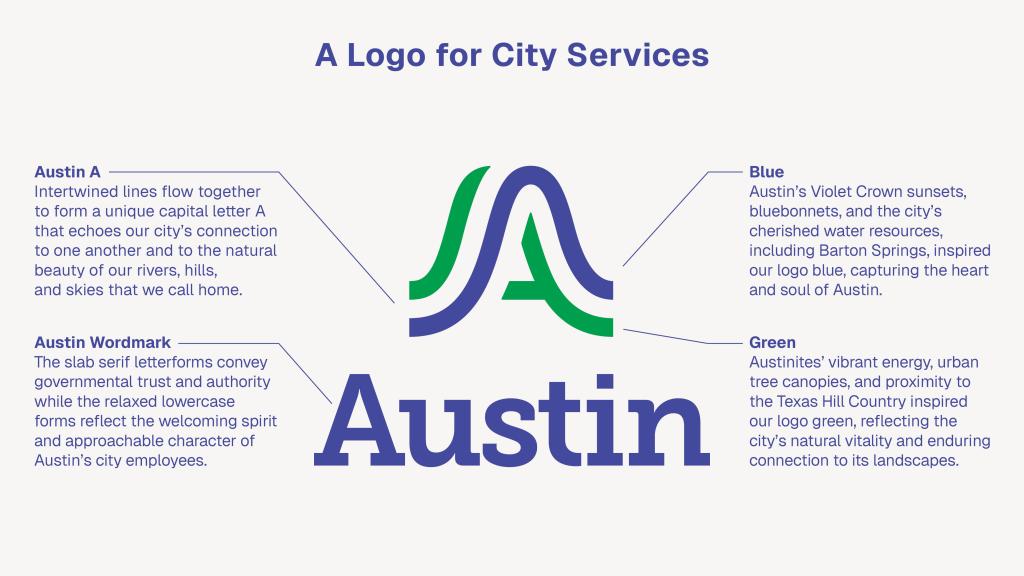College Board has been broadening its program for decades, making taking AP classes the norm at schools across the U.S. AP classes are objectively known to improve success in college, and make student transcripts look rigorous for top colleges. In addition to these academic advantages, they can also save college students thousands of dollars by enabling them to avoid taking and paying for expensive college classes.
So who needs AP credit the most? Low-income students, First-gen students. But that isn’t who College Board is reaching, for one big reason, the unaffordability of the fees.
If you take multiple AP exams, maybe one for each core class, that’s wracking up several hundred dollars. With siblings, that can rack up to several thousand dollars. That’s just unattainable for many families. To pay the fees, many low-income students have to get a job, and end up having to pick between gaining college credit and high scores on AP exams and their hobbies and sports. It’s a no-win tradeoff because both extracurriculars and high AP scores are essential for high school students to be strong candidates for top colleges and universities.
What’s even worse, low-income and first-gen students are the ones who need to save money for college the most, with most colleges costing hundreds of thousands of dollars, which can be more than triple what a low-income family makes in a year. College Board clearly is aware of this issue because during its expansion process, it pitched College Board programs to low-income schools and to their students, marketing AP exams as an economic equalizer for college.
But they haven’t executed on that promise, demanding about $100 dollars. Even then if low-income students are able to gather up the money for their exams, over half of them would score too low for college credit.
The frustrating thing is College Board reports earning millions of dollars from government funding. But even after government funding, they still charge hundreds of dollars for their exams towards families. They have over a billion dollars in assets. The executive director of the College Board alone takes a grand total of over $2 million per year. Overall, College Board is a corporate organization that is centered more on profit than it is around the benefit of students, especially low-income students.
Some people might argue there are scholarships available and grants. But there’s always a limit of scholarships, and in many cases, it relies heavily on other parents of the school who are already paying hundreds of dollars for their own kid’s exams. Applying to scholarships is competitive and can often be lengthy, adding an even greater unfair burden of time and effort on low-income families. Furthermore, in many schools, students have to go speak with their AP coordinator or teacher, admitting they are low-income, which can be extremely humiliating for many students.
Overall, scholarships and grants as a solution to this problem subconsciously count on the fact that a limited number of low-income students will apply because there are simply not enough scholarships for AP classes full of low-income students. It excludes fully capable low-income students from rigorous classes that they deserve and need.
So what is the solution to this? Government funding from the state education agencies. AP Classes need to be recognized as a major component of secondary education and need to be treated as such, including the exams. Making students pay for exams, goes completely against the concept of public education, and is failing too many students.








Harper Maxwell • Jan 18, 2024 at 12:29 pm
This is a great and well thought out article. This is a consistent problem with limited solutions and the author did a wonderful job explaining and approaching the situation. I think Josie Mullan did a great job sticking to the facts while at the same time taking a side and stating her opinion.
Leela Fireside • Jan 14, 2024 at 4:57 am
Good article. Some classes that are AP classes are also classes for which you can take CLEP tests. These are given at ACC and they cost less than the AP tests. Not all colleges give college credit for the AP classes and not all give credit for the CLEP tests, but it’s worth checking into.
Also, there’s still a benefit to taking AP classes and not taking the AP test – the classes are more rigorous and will help prep for taking the class and getting good grades in college if a student takes the subject as a college student.
So, don’t give the college board the money, but don’t lose out on some good education.